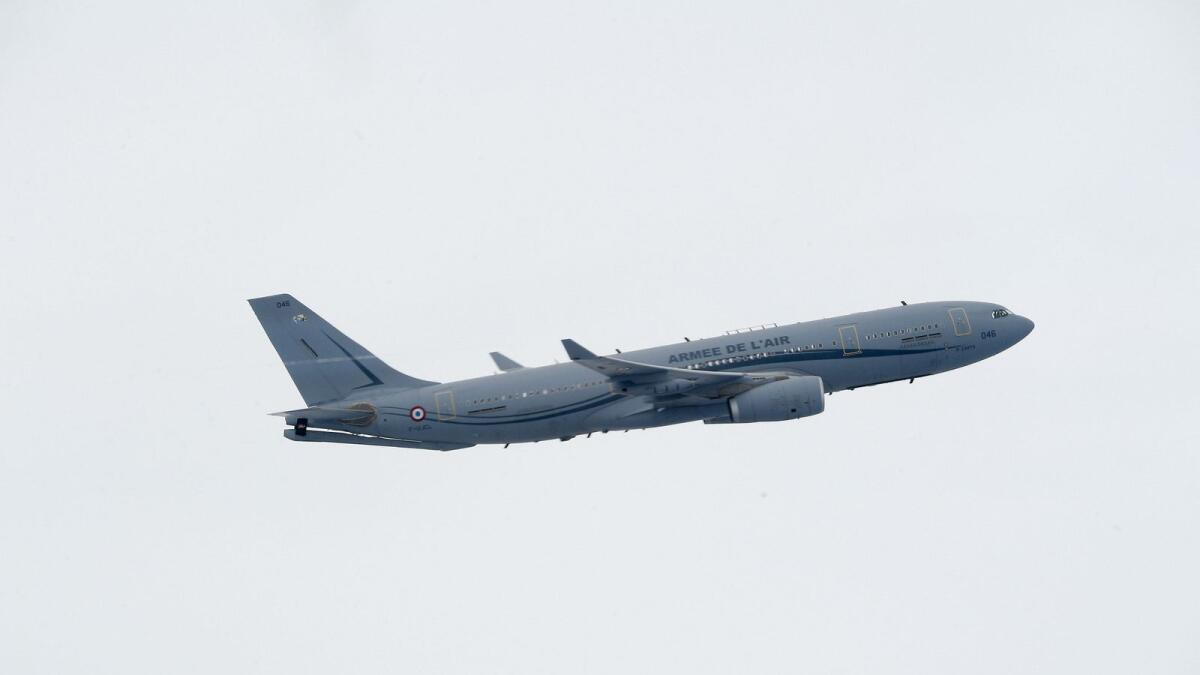Airbus, the largest planemaker in the world, reported a significant decrease in its second-quarter profits due to the cost of investing in higher jetliner production and charges in its Space Systems business. The adjusted operating profit fell to 814 million euros, while revenue increased to 15.995 billion euros. The company also took a charge of 989 million euros on forward losses in its space business, slightly higher than the estimate given in a profit warning last month. Despite this, profits came above analysts’ estimates, who were expecting a lower adjusted operating income and revenue, according to a survey compiled by the company.
The charges bring the total amount written off Airbus’s balance sheet to just under 1.6 billion euros in a little over five months to reflect potential losses in its Space Systems business. Airbus CEO Guillaume Faury stated that the company is addressing the root causes of these issues. Industry sources indicate that much of the risk is accumulated in the OneSat satellite project and EGNOS, a system designed to improve accuracy of existing navigation signals. Airbus is currently reviewing its space activities and discussing potential alliances with Thales and Leonardo, with plans to announce a new turnaround plan for Space Systems in September.
Leonardo, which also announced its mid-year results, confirmed talks with Thales and Airbus over possible alliances in the space sector. The company’s CEO stated that Europe likely needs a stronger structure to compete with the United States and China. As Airbus works on a cost containment plan for its Defence and Space division, discussions for alliances in the space sector are ongoing. The aerospace industry is facing challenges due to the ongoing pandemic and economic uncertainties, leading to companies seeking collaborations to strengthen their positions in the market.
The aerospace industry is a crucial sector for economies worldwide, with Airbus being a key player in the market. The company’s challenges in the Space Systems business reflect broader issues faced by many aerospace companies as they navigate through the current economic environment. Collaborations and alliances within the industry are seen as essential for companies to grow and remain competitive in the global market. By forming strategic partnerships, aerospace companies can leverage each other’s strengths and resources to drive innovation and success in the industry.
As Airbus looks towards restructuring its Space Systems business, the company is focused on addressing the root causes of the issues and implementing a turnaround plan. Discussions with potential partners such as Thales and Leonardo indicate a proactive approach to finding solutions and moving towards a more sustainable future for the company. By working together with other industry leaders, Airbus aims to strengthen its position in the space sector and enhance its capabilities to meet the evolving demands of the market. The aerospace industry is constantly evolving, and collaborations are key to driving growth and advancements in technology and innovation within the sector.
In conclusion, Airbus’s second-quarter results highlight the challenges faced by the aerospace industry, particularly in the Space Systems business. The company’s focus on addressing these issues and seeking alliances with industry partners demonstrates a proactive approach to overcoming challenges and driving growth. By leveraging collaborations and strategic partnerships, Airbus and other aerospace companies can enhance their capabilities, drive innovation, and remain competitive in the global market. As the industry continues to evolve, collaborations will play a vital role in shaping the future of aerospace and driving continued success for companies in the sector.











